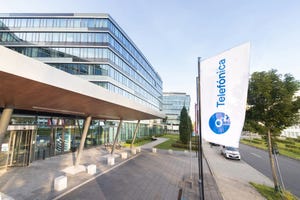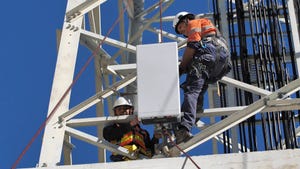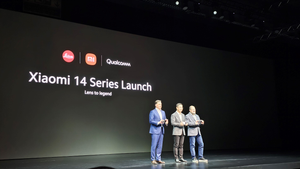Google Using AI to Control Data Center Cooling
After testing its DeepMind learning systems to manage the cooling equipment in some of its data centers, Google said it intends to turn control of all its data center cooling systems to DeepMind.

After testing its DeepMind learning systems to manage the cooling equipment in some of its data centers, Google (Nasdaq: GOOG) said it intends to turn control of all its data center cooling systems to DeepMind.
Google told Bloomberg that using DeepMind led to a 15% improvement in data center power use efficiency. Google did not provide a dollar figure, but spread across the company's vast data center operations, the potential energy savings could run into millions upon millions of dollars.
At least as important as the energy savings -- and probably more so -- Google will gain experience with artificial intelligence (AI) that it will inevitably be able to use in other applications in the industrial, enterprise and commercial markets.
People have been extrapolating about machine intelligence for decades, from even before Isaac Asimov formulated his Three Laws of Robotics and Alan Turing proposed the Turing Test. The question they all seem to anticipate is: Where does AI end and humanity begin? Scarlett Johansson and Alicia Vikander might be more interesting than HVAC, but you have to start somewhere before you can get to Her or Ex Machina.
The equipment in data centers generates immense amounts of heat, but equipment usage and the heat subsequently generated fluctuates, often with minute-by-minute changes. DeepMind learns these patterns and responds appropriately. DeepMind co-founder Demis Hassabis told Bloomberg the system takes into account as many as 120 variables (cooling systems, fans, windows, etc.) and adjusts. It can even identify what information it lacks and advise data center operators what sensors should be added.
Google, Facebook, Microsoft and Apple are all pouring resources into AI. While there are any number of potential system-control applications, one goal is in fact getting to something closer to the Samantha AI in Her -- expanding on limited systems such as Siri or Cortana to create personalized software agents that can exercise increasing amounts of autonomy as they act on behalf of users.
Creating semi-autonomous agents would rely heavily on cloud computing -- in other words, data centers. For data center operators like Google, employing DeepMind to run portions of its data centers is an element of a virtual circle of AI, big data and cloud services.
On the other hand, this may also get us one step closer to SkyNet.
Google bought DeepMind in 2014.
— Brian Santo, Senior Editor, Components, T&M, Light Reading
About the Author(s)
You May Also Like












